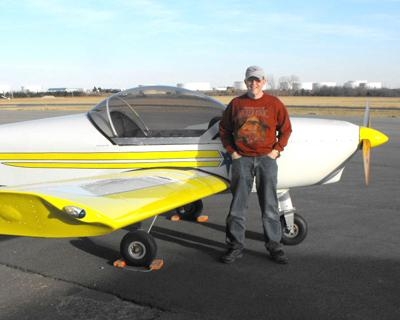Tue, Dec 15, 2015
Advertisement
More News
 ANN's Daily Aero-Linx (12.12.25)
ANN's Daily Aero-Linx (12.12.25)
Aero Linx: Commercial Aviation Safety Team (CAST) Founded in 1997, the Commercial Aviation Safety Team (USCAST) has developed an integrated, data-driven strategy to reduce the comm>[...]
 ANN's Daily Aero-Term (12.12.25): Land And Hold Short Operations
ANN's Daily Aero-Term (12.12.25): Land And Hold Short Operations
Land And Hold Short Operations Operations that include simultaneous takeoffs and landings and/or simultaneous landings when a landing aircraft is able and is instructed by the cont>[...]
 ANN FAQ: How Do I Become A News Spy?
ANN FAQ: How Do I Become A News Spy?
We're Everywhere... Thanks To You! Even with the vast resources and incredibly far-reaching scope of the Aero-News Network, every now and then a story that should be reported on sl>[...]
 NTSB Final Report: Cirrus Design Corp SF50
NTSB Final Report: Cirrus Design Corp SF50
Pilot’s Inadvertent Use Of The Landing Gear Control Handle Instead Of The Flaps Selector Switch During The Landing Rollout Analysis: The pilot reported that during the landin>[...]
 Airborne 12.08.25: Samaritans Purse Hijack, FAA Med Relief, China Rocket Fail
Airborne 12.08.25: Samaritans Purse Hijack, FAA Med Relief, China Rocket Fail
Also: Cosmonaut Kicked Out, Airbus Scales Back, AF Silver Star, Russian A-60 Clobbered A Samaritan’s Purse humanitarian flight was hijacked on Tuesday, December 2, while atte>[...]
blog comments powered by Disqus




